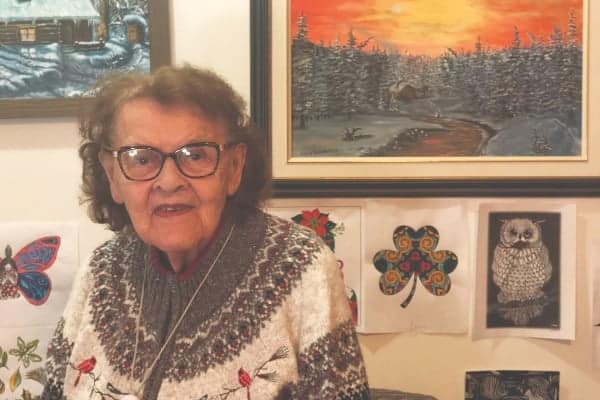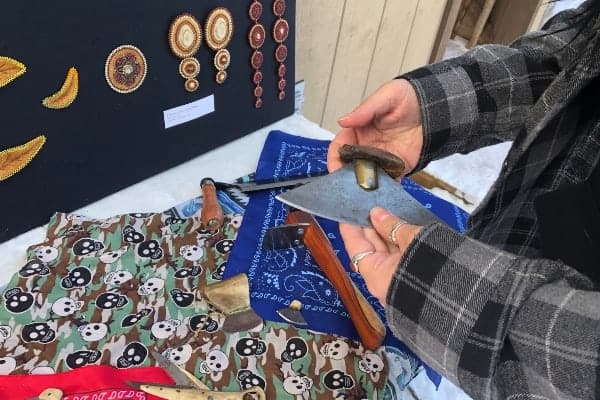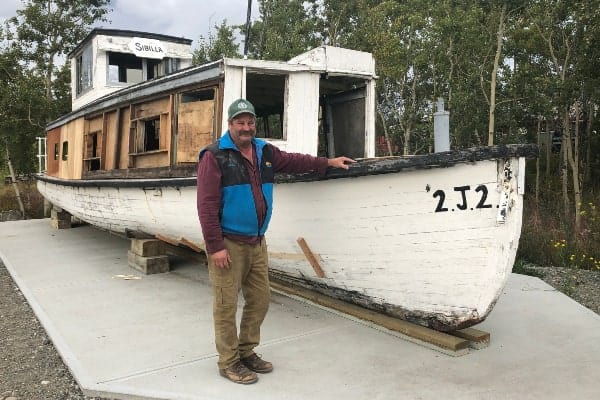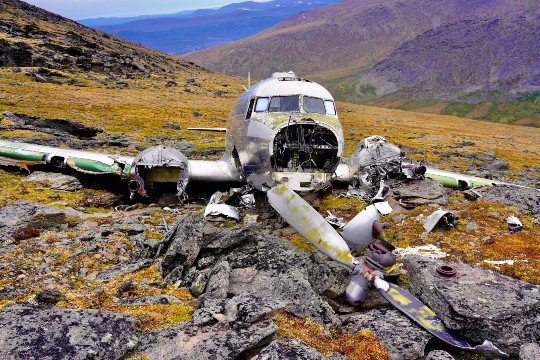Sometimes when Joella Hogan returns home after a long day, she’ll find a bag of fresh rose petals on her doorstep. And once in a while, neighbourhood kids will knock on her door with fists full of wild flowers and plants. “People always want to help me; they see this little business and they see that I am working hard,” said Hogan. “It really means a lot to me that people are thinking about ways that they can contribute.”
Hogan’s little business is the Yukon Soaps Company, known for its small-batch, handmade artisanal soaps and oils. She sells these products in the Yukon through local craft fairs and markets, in retail shops and also through online sales from her home community of Mayo, a village of nearly 500 in central Yukon and home to the Northern Tutchone First Nation of Na-Cho Nyäk Dun.
“It’s really about sharing what I make. I don’t want it to be just Joella’s business, I really see this as the community of Mayo’s business,” she said. “It was never about me working all the time and churning soap in my basement.”
Hogan incorporates her community values into each stage of her business, from harvesting the plants to selling the products.
“For Northern Tutchone people, we talk about our four core values, which are caring, sharing, respect and teaching. I really try and use those in all aspects of my business,” she said. “When I am harvesting, I am giving thanks and I am respectful to the land and to the creator, and I share the profits that I have gained back in the community.”
Hogan strives to create products that contribute back to the economy and to the environment.
“It’s not just being good to the Earth, but actually giving back to the Earth,” she said. “It’s not just taking and using, but creating a product that is good for the water and good for your body.”
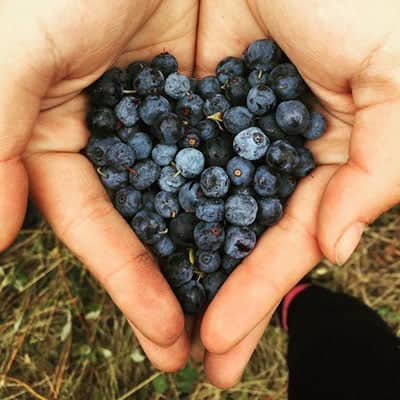 All of Hogan’s soaps are vegetable-oil based. She adds Yukon plants that she grows in her own garden, or harvests from northern forests. This includes fireweed, rose petals, rosehips, Labrador tea, yarrow, juniper berries and spruce tips. Hogan started making soap in 2011 She purchased the business (then called the Essential Soap Bar) from two women who had been running it for years.
All of Hogan’s soaps are vegetable-oil based. She adds Yukon plants that she grows in her own garden, or harvests from northern forests. This includes fireweed, rose petals, rosehips, Labrador tea, yarrow, juniper berries and spruce tips. Hogan started making soap in 2011 She purchased the business (then called the Essential Soap Bar) from two women who had been running it for years.
“Those women built the business and they put their love and creativity into it,” said Hogan. “I had been using the products, so I saw that as an opportunity to use my knowledge of science and plants to continue the business.”
She still makes the essential soap bar recipes and, over the years, she has developed her own products, which reflect her culture and her community.
“I started the Indigenous Artisan Line because I wanted to highlight other artists in my community and the handicrafts that come from Mayo,” she said. “Each soap has an image of beadwork made by a Northern Tutchone woman and comes with a card that shares the story of the artist.”
For example, one soap bears a picture of a bumblebee sitting on a flower. It’s from a beaded baby belt that was made by Irene Johnny for a woman who worked to protect the Peel Watershed. Another piece was beaded by Hogan herself on a bag she made as a gift to her mother. Hogan grew up in Whitehorse. She left the Yukon for school and to travel, but she always knew she would come back. And when she did, she wanted to connect to her homeland in central Yukon. She moved to Mayo in 2003, and now cannot imagine living anywhere else.
“You’re surrounded by the boreal forest and at the confluence of two rivers. It’s so easy to access the forest and nature,” she said. “That was important and I didn’t realize how important until I left.”
Over her years in Mayo, Hogan has also been active in ensuring that her community has a voice when decisions are made about their land and water.
“I want people to know about the deep respect people of the North have for the land. How we harvest the ingredients and how we try to live in a sustainable way is important, but also, we have major industry around us.
“There has been mining happening in our area for more than 100 years and there are hydro projects that provide energy to the entire Yukon,” she said. “By spending time on the land we can be better decision-makers on all of those projects. We cannot do that without a connection to the land and the stories, our culture and our Elders.”
When she visits other countries with her products, she is sharing more than soap. She is sharing her story, her heritage and her culture.
“I want people to know that the First Nations people in the Yukon and in Mayo are alive and strong and healthy and modern. We are contributing to the economy and to our community – it’s not just a static culture and it’s not just the old ways.”
This series is provided by Government of Yukon Historic Sites to highlight the work of Yukoners and their connections to the territory’s heritage.

